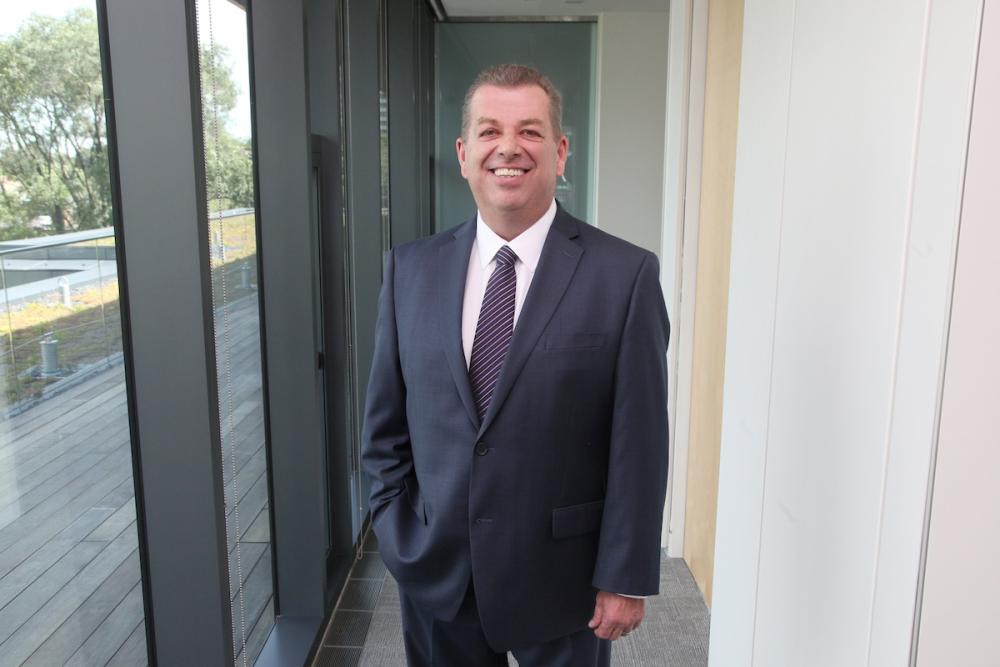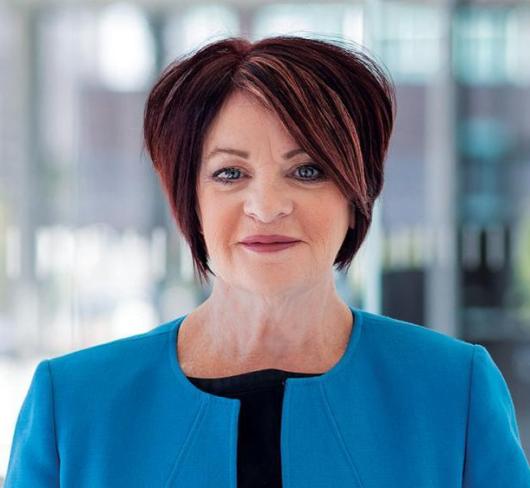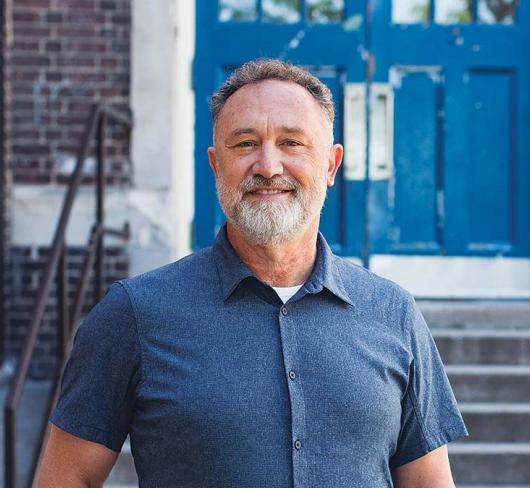
Bargaining for Better Schools
I’d like to start by thanking you. It’s been a long and stressful 14 months of central bargaining for members. I know it hasn’t been easy for any of us and I am so proud of every ETFO member for hanging tough throughout this round and, in particular, for demonstrating such solidarity during our strike action. This union is yours. Your support, engagement and resolve give us strength.
I am proud of the principled stand ETFO’s bargaining team took on your behalf. We were determined to make issues that impact on elementary working and learning conditions a priority, and just as determined to preserve the gains achieved in previous bargaining rounds.
In November, we announced that we had reached central agreements for ETFO teachers, occasional teachers, and DECE/ ESP/PSP members. All gains from the last round were maintained. In addition, the agreements include a number of improvements to student learning and member working conditions.
We are particularly proud of initiatives that have the potential to make real, positive changes in the lives of our students. Going forward, teachers will be able to use their professional judgment to determine students’ learning needs, particularly when it comes to determining the number and frequency of diagnostic assessments. ETFO will be part of a provincial special education committee that will propose improvements to supports for students with special education needs. Kindergarten, junior and intermediate class sizes will be reviewed and recommendations for improvement sent to the Minister of Education.
I know that some people are skeptical about the value of “reviews” and “committees,” but I am not. In our last round of bargaining we agreed to committees to review health and safety, workload and Regulation 274. In the ratified agreement, the parties agreed to implement the key recommendations of the ETFO MOU Task Force on Health and Safety. We negotiated a moratorium on new initiatives until August of 2016, a result of The Elementary Teachers’ Federation of Ontario (ETFO) Teacher Workload and Professionalism Study. And, we have enshrined key elements of Regulation 274 together with improvements to the regulation in the collective agreement. These improvements addressed problem areas identified in the Ontario Regulation 274: Final Report.
Committees give us the chance to sit down with the Ontario Public School Boards’ Association, the Council of Trustees’ Association and the government to discuss issues in the kind of depth that is difficult during bargaining. We can all work together to “build better schools.”
Building Better Schools has been our rallying cry during elections and the focus of our lobbying. We took this agenda to the bargaining table this year and we will be discussing its planks – smaller class sizes, supports for students with special needs, more meaningful student assessment, and a stronger union voice – with the government and school boards in the months to come. Building Better Schools will continue to be our goal.
The government is still determined to balance the budget by cutting services rather than by recognizing that public services need our support, and yes, our tax dollars. The austerity agenda being pursued by the government will not work. This has been demonstrated in jurisdiction after jurisdiction around the world. As Alex Himelfarb said at ETFO’s recent lobbying training, “austerity is toxic; its costs are real and fall most heavily on those least able to bear them.”
Our challenge going forward is to use our strength as a union, to use the connections each and every one of us has in our communities, to pursue an agenda that counters the austerity agenda, seeks to protect and enhance public services, creates more equality and enriches the lives of our students, the lives of us all.
Educators are found everywhere in the province. We have the rare privilege to influence the future. We do this every day in our classrooms. We can do this too in our communities working with others who share our vision of a better future, a future where children have the education they need and deserve.
Thank you again for your solidarity, your trust, your hard work and your commitment to better schools and a better future.
Sam Hammond

